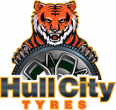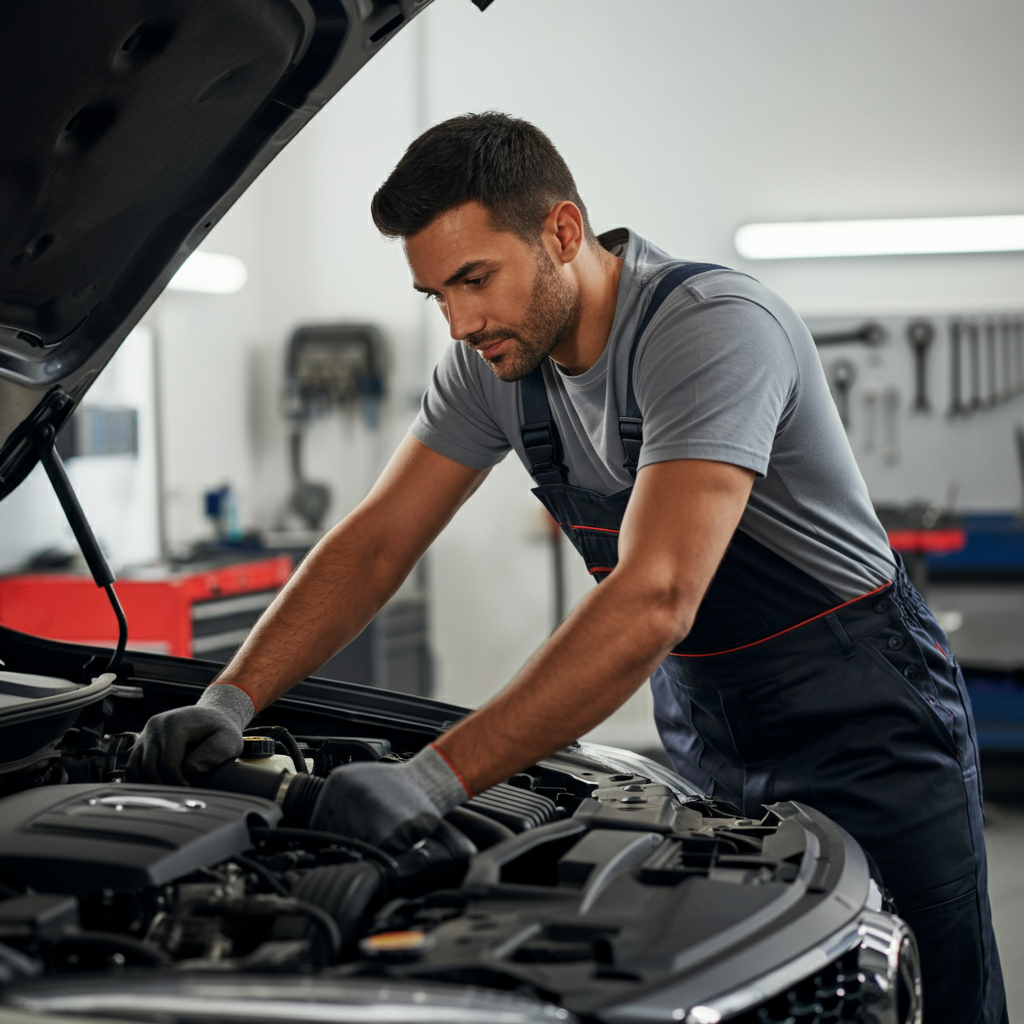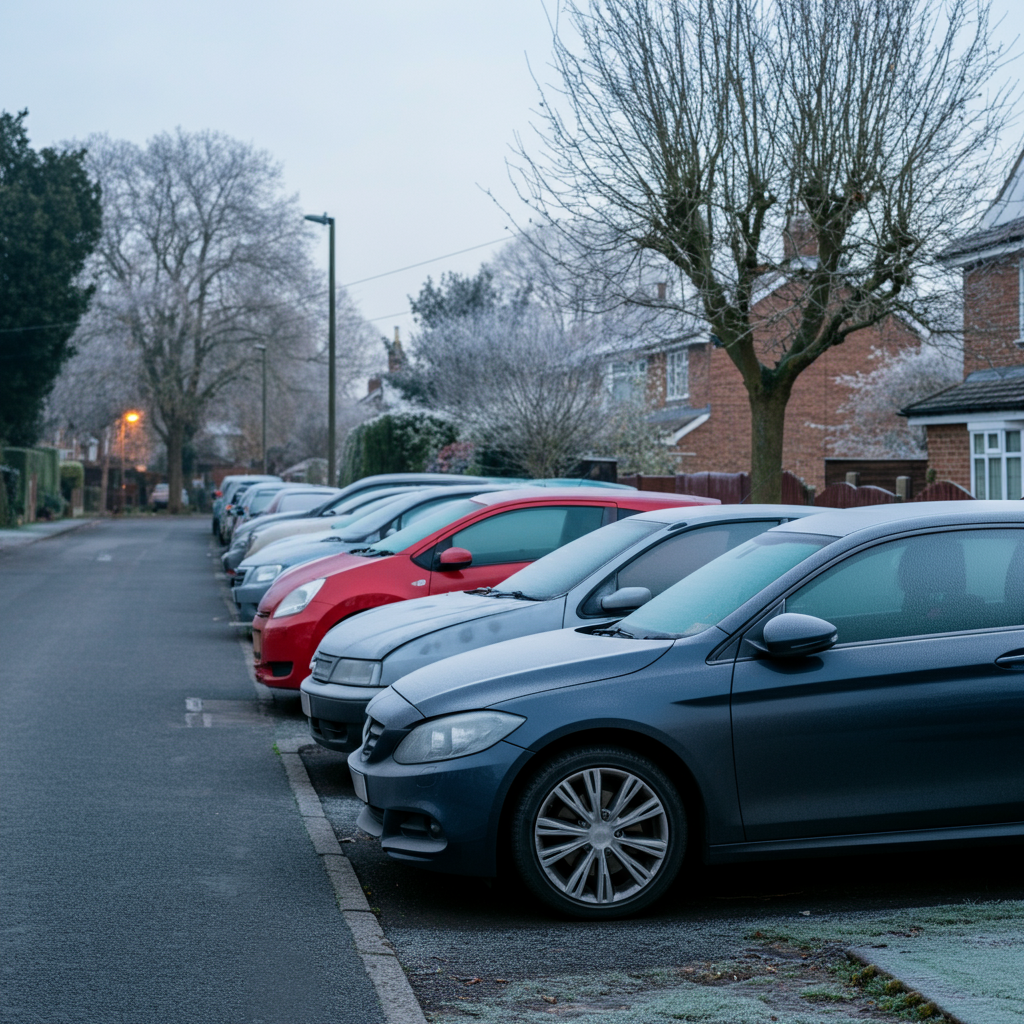A strange noise coming from your car can be unnerving. Whether it’s a squeal, a clunk, or a hiss, these sounds are often your vehicle’s way of telling you that something is wrong. Ignoring them can turn a minor, inexpensive fix into a major and costly repair. For drivers in Hull, understanding what these common car noises mean is the first step towards keeping your vehicle safe and reliable.
Why You Shouldn’t Ignore Weird Car Noises
Think of an unusual car noise as an early warning system. Addressing it promptly not only prevents further damage but also ensures your safety on the road. A small issue, like a worn brake pad, can be a simple fix. Left unchecked, it could damage the brake discs and calipers, leading to a much more expensive repair bill and a serious safety risk. Listening to your car and acting quickly saves you money and gives you peace of mind.
Common Car Noises and What They Might Mean
Cars can make a whole orchestra of strange sounds. Here are some of the most common ones and their likely causes.
Squealing or Screeching
A high-pitched squeal is often related to your brakes or belts.
- When Braking: This is a classic sign that your brake pads are worn down. Most pads have a small metal indicator that makes this noise when the pad material is low, telling you it’s time for a replacement.
- When Accelerating: A squeal that gets louder as you accelerate could point to a loose or worn serpentine belt or fan belt. This belt powers crucial components like the alternator and water pump, so it needs attention.
Grinding
A grinding noise is more severe than a squeal and signals that metal is rubbing against metal.
- When Braking: This often means your brake pads are completely worn away, and the metal backing plate is grinding against the brake disc. This is a serious safety issue that requires immediate professional help.
- When Turning: A grinding sound when you turn could be a problem with a wheel bearing, which is essential for smooth wheel rotation.
Knocking or Clunking
A knocking or clunking sound, especially when driving over bumps or uneven surfaces, usually points to a suspension problem.
- Possible Causes: Worn-out suspension bushes, faulty shock absorbers, or damaged ball joints could be the culprits. Hull’s roads, with their fair share of potholes, can accelerate wear on these components. An engine mount that has failed can also cause a knocking sound as the engine moves around excessively.
Clicking
A rhythmic clicking noise often changes with your speed.
- When Turning: A clicking sound that is most noticeable when you are turning sharply is a textbook symptom of a worn constant velocity (CV) joint. CV joints are part of the driveshaft and allow the wheels to receive power while turning.
- General Driving: A clicking noise could also be as simple as a stone stuck in your tyre tread or a loose wheel trim.
Whining or Whirring
A continuous whining or whirring noise that changes pitch as you accelerate or decelerate can indicate a few different issues.
- Possible Causes: This could be a sign of a failing wheel bearing, a problem with your transmission, or a low power steering fluid level.
How to Safely Check for the Source of a Noise
Before you can fix a noise, you need to know where it’s coming from.
- Pay Attention: Note when the noise happens. Is it when you brake, turn, accelerate, or go over bumps? Is it constant or intermittent?
- Stationary Check: With the car parked and the handbrake on, you can sometimes identify noises from the engine bay. Never put your hands near moving parts. Listen for hisses (vacuum leak) or squeals (belt issues).
- Passenger Power: Ask a passenger to help you pinpoint the direction of the noise while you are driving. Is it coming from the front, back, left, or right?
DIY Fix vs. When to See a Professional
Some minor issues can be tackled at home. For example, you can check your tyre treads for stones or make sure your wheel nuts are tight. However, for most of the noises described above, it’s best to see a professional.
Brakes, suspension, steering, and engine components are critical to your safety. Attempting a DIY repair without the right tools and knowledge can make the problem worse or lead to a dangerous failure. A professional garage has the diagnostic equipment and expertise to identify the root cause accurately and fix it correctly.
How Hull City Tyres Diagnoses and Repairs Car Noises
At Hull City Tyres, we are experts at playing detective with car noises. Our diagnostic process is thorough and methodical. We start by listening to you. Your description of the noise provides valuable clues.
Our experienced technicians will then perform a comprehensive inspection, often putting the car on a ramp to get a clear look at the brakes, suspension, exhaust, and underbody. We use advanced diagnostic tools to check for fault codes from the engine and other systems. We have seen it all, from suspension damage caused by Hull’s potholes to accelerated corrosion from the salty air. Once we identify the problem, we’ll explain it to you in simple terms and provide a clear, honest quote before any work begins.
Tips for Preventing Future Car Noises
- Stick to Your Service Schedule: Regular servicing is the best way to catch worn parts before they start making noise.
- Drive Smoothly: Avoid harsh acceleration, heavy braking, and hitting potholes where possible.
- Check Your Tyre Pressures: Properly inflated tyres reduce strain on suspension components.
- Listen to Your Car: Don’t turn up the radio to drown out a new noise. Address it as soon as you can.
Conclusion
Your car communicates with you through sounds. By learning to understand them, you can address issues early, saving money and ensuring your journeys through Hull and beyond are safe. If you hear a noise that’s causing you concern, don’t hesitate. Contact the friendly experts at Hull City Tyres for a professional diagnosis and a reliable repair.



